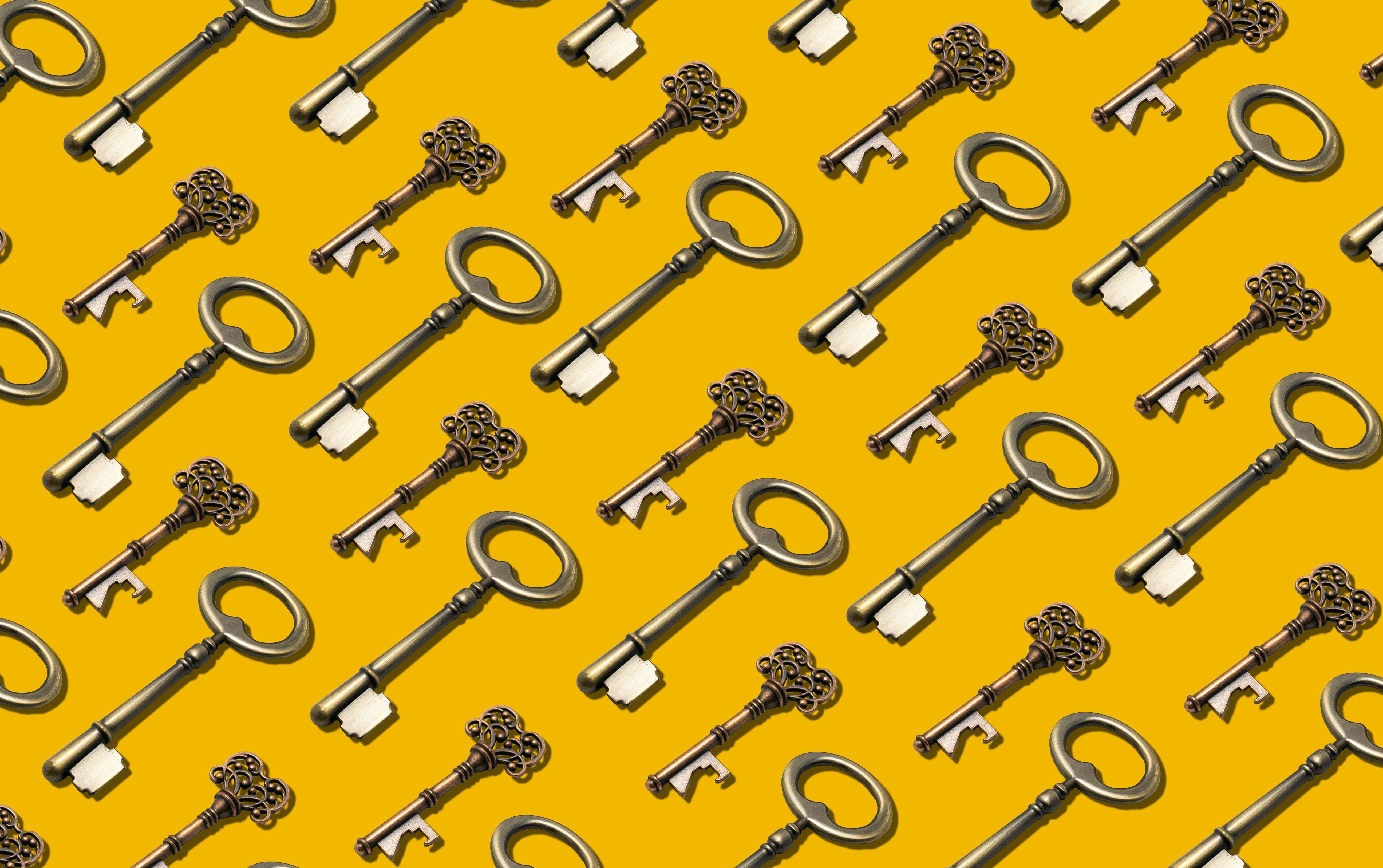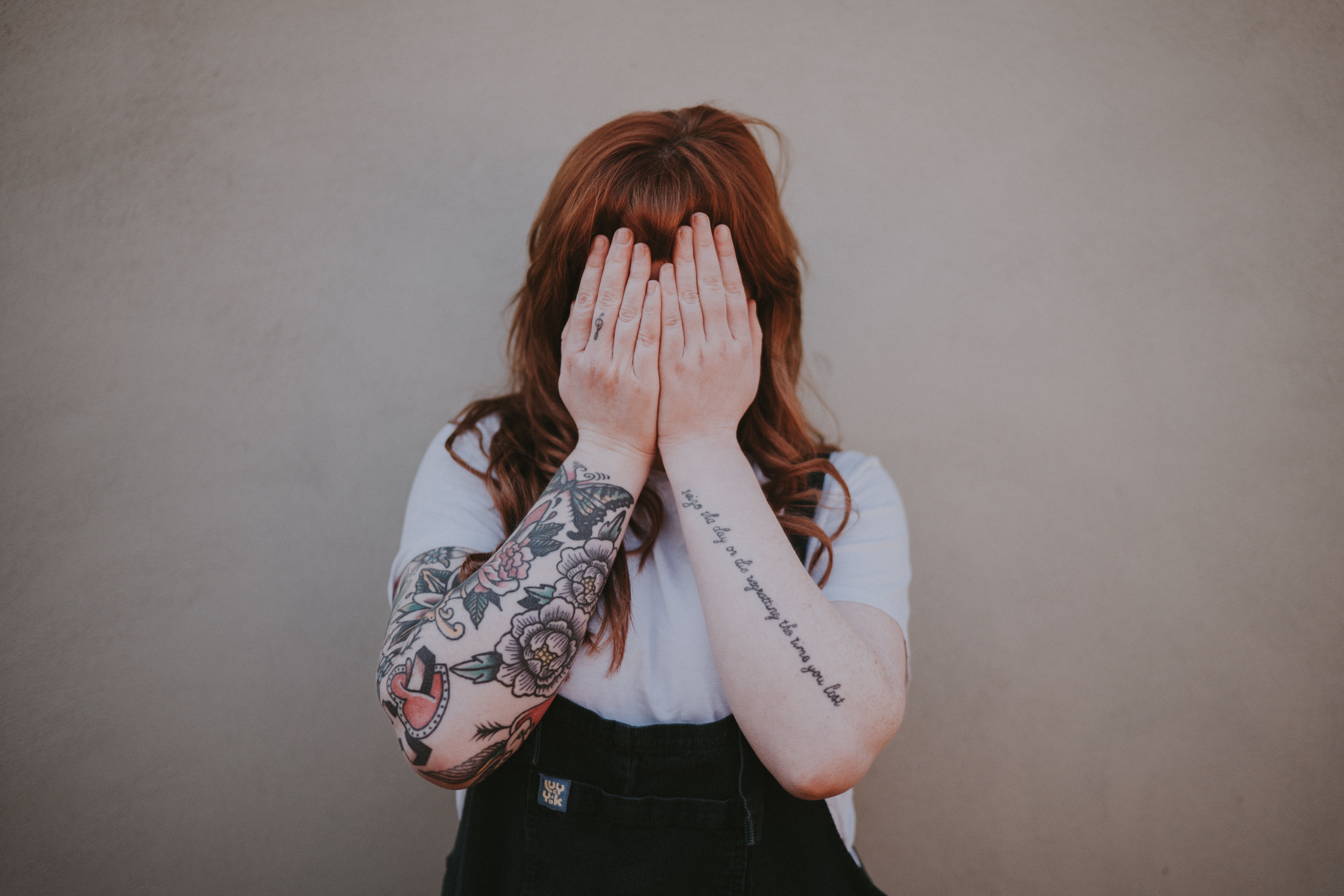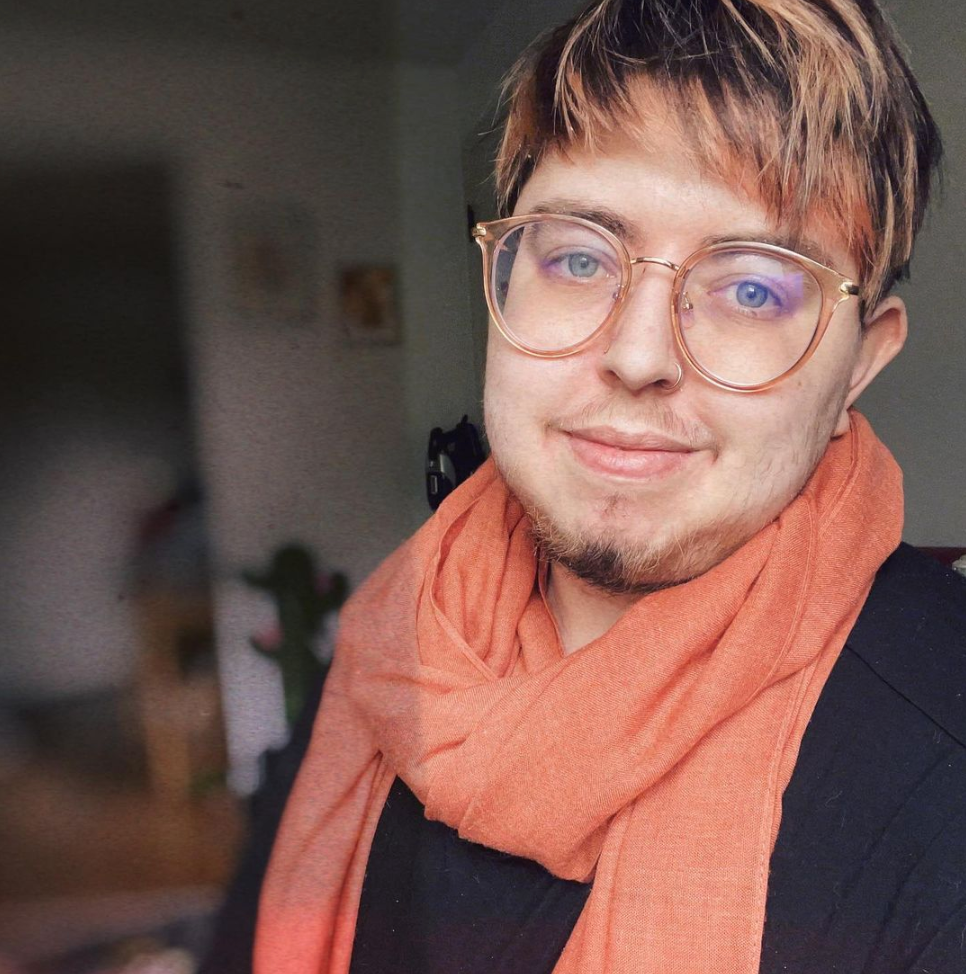
Ask Alma: My Friend Diagnosed Herself as Autistic. I Don't Buy It
Ask Alma is an advice column helping you to untangle questions about therapy, relationships, identities, and mental health from a peer perspective. Columnist Sam Dylan Finch shares his insights gained from nearly a decade of experience as a neurodivergent advocate and journalist specializing in mental health and wellness.
SDF: Friend, I really hear your concern. No one wants to see someone we care about hopping on the misdiagnosis train, headed for Lack of Support Station.
I can appreciate that you want to make sure your friend isn't falling down a rabbit hole that ultimately isn't helpful! And, the fact that this is frustrating you makes me wonder what might be going on underneath.
There are a few points I want you to consider before giving your friend any feedback on her self-diagnosis, offered with care for you and your friend.
My first question: How familiar are you with the concept of masking?
Your question immediately reminded me of how autistic people, especially those diagnosed later in life, are often super adept at masking and concealing their neurodivergent traits — even from those who know them pretty well.
Your friend may not seem autistic to you, but that doesn't automatically mean that she isn't! It may be the case that she has learned to mask those traits, even without fully realizing it.
I'm also not sure if you or your friend is a woman or was assigned female at birth, but the mainstream idea of what autism "looks like" is not always a truthful representation of autism, especially for marginalized folks.
I would be curious to know what strikes you as being "non-autistic" about your friend, and if that might actually reveal some opportunities for further learning.
For me, I didn't realize I was autistic until later in life, when I learned about things like hyperverbal autism, bottom-up processing styles, and demand avoidance!
My ability to mask with humor, combined with these less represented presentations of autism, made it easy for most people in my life to dismiss me, even after I was officially diagnosed.
Frankly, there could be a lot you both don’t know about yet — even if you've known each other for many years, and even as an autistic person yourself. Maybe this is an opportunity for you to learn and explore together.
Secondly, everyone deserves to have their own process!
Autistic or not, your friend has the right to explore what labels make sense for her, and which ones feel supportive, so long as she isn't harming someone else.
She may change her mind later or she may not, but either way, she gets to have the same messy journey as the rest of us.
That said, I know self-diagnosis is uncomfortable for some folks.
Many people imagine someone watching a TikTok and trying on autism as if it's a costume, and that can provoke a whole lot of different emotions, including skepticism, offense, and yes, frustration.
And, it's so important to remember that self-diagnoses are not as trivial as some in the media portray them to be.
Not only is self-diagnosis accurate a great deal of the time — especially with assessments like the RAADS becoming more widely available and only improving those outcomes — but self-diagnosis can be more accurate than a clinical diagnosis, especially if the assessor is using outdated stereotypes to diagnose.
Not to mention, getting assessed can be prohibitively expensive, and having autism on a medical record can have its own risks.
Autistic psychologist Amy Marschall, PsyD, does a great breakdown of the legitimacy and complexities of self-diagnosis in this article, if you're curious to learn more.
The bottom-line: An autism diagnosis, whether it's self-diagnosed or clinically validated, is a deeply personal process.
But we have evidence to suggest that regardless of where that diagnosis comes from, we have more reason than not to believe folks when they identify themselves as autistic.
And if your friend happens to be in the small percentage of folks who ends up not being autistic, that's also okay! That does happen sometimes, and there's nothing wrong with exploring a label to see if it supports you, just to decide later that it doesn't quite fit.
As her friend, I'd consider how you can support her self-discovery process, without worrying too much about where it takes her. You are responsible to her as a friend, but not responsible for her or her journey.
Lastly, as gently as possible, I'd encourage you to explore where your resistance might be coming from.
You say that you're feeling frustrated with your friend, and that's certainly true to an extent! But I wonder if you're frustrated at something else, too.
In my personal experience, when we have the urge to play gatekeeper in our own communities — to decide who gets to claim a label, and who doesn’t — it’s almost always about something bigger.
Knowing that you yourself are autistic, I would take some time to explore what feels "prickly" to you about a friend claiming to be part of your community.
You probably don't need me to tell you this, but a lot of us in the autistic community are under tremendous scrutiny right now.
The media has seemingly worked overtime to push a narrative about the recent uptick in autism diagnoses, and how that means all of us must now be fakers, or that autism has become "trendy" somehow. It's exhausting and it's hurtful.
I think that's why some of us feel threatened when others are quick to self-diagnose, worried about the growing backlash against us, and how we might be perceived as a result. That's an understandable and protective first impulse.
But remember, your friend isn’t at fault for that backlash, and rejecting her won't change the larger ableism at play in our culture.
I'm guilty of this myself, so please don't read into this as me shaming you!
I just want to encourage autistic people, collectively, to redirect our judgment of each other where possible.
Shift it rightfully toward a society that’s unwilling to validate a diversity of autistic experiences, makes support wildly inaccessible, and has been increasingly hostile toward neurodivergent people generally as we gain more visibility.
At the end of the day, I truly believe that the acceptance we desire as autistic people (and neurodivergent people more broadly!) comes from being on the same team.
There's no freedom to be found in appealing to those who are committed to misunderstanding and marginalizing us, and others like us.
(Thank you for allowing me that soapbox moment, by the way. Even if it isn't relevant to you as the asker, it's certainly important for some who are reading along.)
With all that in mind, I'm wondering if you can recall what it was like to first explore this part of yourself.
Knowing how vulnerable, exciting, scary, and overwhelming it might have been, ask yourself: How do you wish others had supported you? What resources made an impression on you?
Put another way, I'd love to refocus: How can you embody the types of community you longed for when you first accepted this about yourself?
If you have a genuine concern that she is misinformed, you might ask her if she’s open to you sharing those resources (assuming you are able and willing to provide them).
Just be sure to center her needs and approach her with curiosity, rather than leading with the assumption that her mind needs to be changed.
Of course, if you find that the way she speaks about autism relies on stereotypes and is harmful to listen to, you may need to set a boundary and let her know you aren’t open to talking about the diagnosis at this early stage of her journey.
You can be gentle but firm on what kinds of conversations you’re open to having! It's okay to opt out if your friend's process is triggering or upsetting for you.
Ultimately, no one "wins" when we turn someone's identity and self-exploration into a debate.
For starters, we accidentally begin modeling the types of skepticism and questioning that allistic (non-autistic) people leverage against us, and that's no good for anyone.
But even if you're right, and your friend uncovers later on that autism no longer fits, I worry that she won't see this in the helpful way you're intending.
I know a lot of us who are autistic have had to learn the hard way that we can be as logical and precise with our words, and still, much of the time, the thing that people remember is the flavor — or put another way, how our words left them feeling.
You could be as diplomatic as possible, talking about the diagnostic criteria and your impression of her, and she still may be left wondering why being "correct" about this was more important to you than supporting her self-exploration.
Unless you have reason to believe there's something else motivating her disclosure, I think you can trust that your friend will arrive at the label that best supports her, given time.
And who knows, maybe this is an opportunity for closeness!
If she's genuinely interested in learning more about autism, I suspect she told you because she trusts your lived expertise and was hoping to connect more deeply.
Maybe you can lean into what you know about your experience, while committing to keeping an open mind as you explore more together from her point of view.
Wishing you (and your friend, of course) lots of luck and continued discoveries along the way!
Aug 9, 2024

Looking for a therapist?
Get tips on finding a therapist who gets you.
By submitting this form, you are agreeing to Alma's privacy policy.



